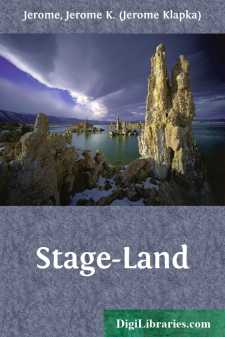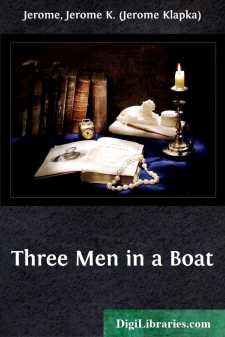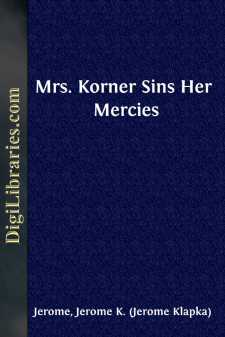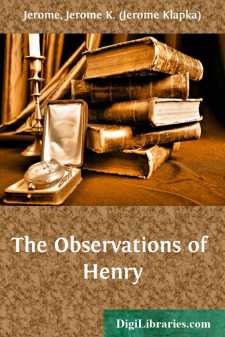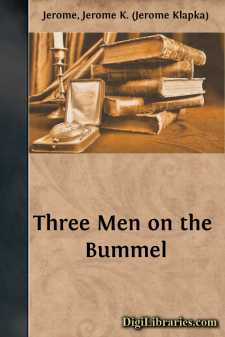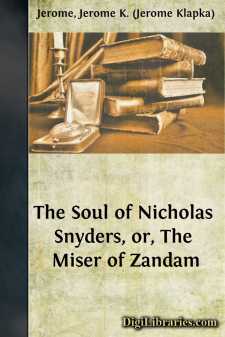Categories
- Antiques & Collectibles 13
- Architecture 36
- Art 48
- Bibles 22
- Biography & Autobiography 813
- Body, Mind & Spirit 142
- Business & Economics 28
- Children's Books 15
- Children's Fiction 12
- Computers 4
- Cooking 94
- Crafts & Hobbies 4
- Drama 346
- Education 46
- Family & Relationships 57
- Fiction 11828
- Games 19
- Gardening 17
- Health & Fitness 34
- History 1377
- House & Home 1
- Humor 147
- Juvenile Fiction 1873
- Juvenile Nonfiction 202
- Language Arts & Disciplines 88
- Law 16
- Literary Collections 686
- Literary Criticism 179
- Mathematics 13
- Medical 41
- Music 40
- Nature 179
- Non-Classifiable 1768
- Performing Arts 7
- Periodicals 1453
- Philosophy 64
- Photography 2
- Poetry 896
- Political Science 203
- Psychology 42
- Reference 154
- Religion 513
- Science 126
- Self-Help 84
- Social Science 81
- Sports & Recreation 34
- Study Aids 3
- Technology & Engineering 59
- Transportation 23
- Travel 463
- True Crime 29
Stage-Land
Categories:
Description:
Excerpt
THE HERO.
His name is George, generally speaking. "Call me George!" he says to the heroine. She calls him George (in a very low voice, because she is so young and timid). Then he is happy.
The stage hero never has any work to do. He is always hanging about and getting into trouble. His chief aim in life is to be accused of crimes he has never committed, and if he can muddle things up with a corpse in some complicated way so as to get himself reasonably mistaken for the murderer, he feels his day has not been wasted.
He has a wonderful gift of speech and a flow of language calculated to strike terror to the bravest heart. It is a grand thing to hear him bullyragging the villain.
The stage hero is always entitled to "estates," chiefly remarkable for their high state of cultivation and for the eccentric ground plan of the "manor house" upon them. The house is never more than one story high, but it makes up in green stuff over the porch what it lacks in size and convenience.
The chief drawback in connection with it, to our eyes, is that all the inhabitants of the neighboring village appear to live in the front garden, but the hero evidently thinks it rather nice of them, as it enables him to make speeches to them from the front doorstep—his favorite recreation.
There is generally a public-house immediately opposite. This is handy.
These "estates" are a great anxiety to the stage hero. He is not what you would call a business man, as far as we can judge, and his attempts to manage his own property invariably land him in ruin and distraction. His "estates," however, always get taken away from him by the villain before the first act is over, and this saves him all further trouble with regard to them until the end of the play, when he gets saddled with them once more.
Not but what it must be confessed that there is much excuse for the poor fellow's general bewilderment concerning his affairs and for his legal errors and confusions generally. Stage "law" may not be quite the most fearful and wonderful mystery in the whole universe, but it's near it—very near it. We were under the impression at one time that we ourselves knew something—just a little—about statutory and common law, but after paying attention to the legal points of one or two plays we found that we were mere children at it.
We thought we would not be beaten, and we determined to get to the bottom of stage law and to understand it; but after some six months' effort our brain (a singularly fine one) began to soften, and we abandoned the study, believing it would come cheaper in the end to offer a suitable reward, of about 50,000 pounds or 60,000 pounds, say, to any one who would explain it to us.
The reward has remained unclaimed to the present day and is still open.
One gentleman did come to our assistance a little while ago, but his explanations only made the matter more confusing to our minds than it was before. He was surprised at what he called our density, and said the thing was all clear and simple to him....


